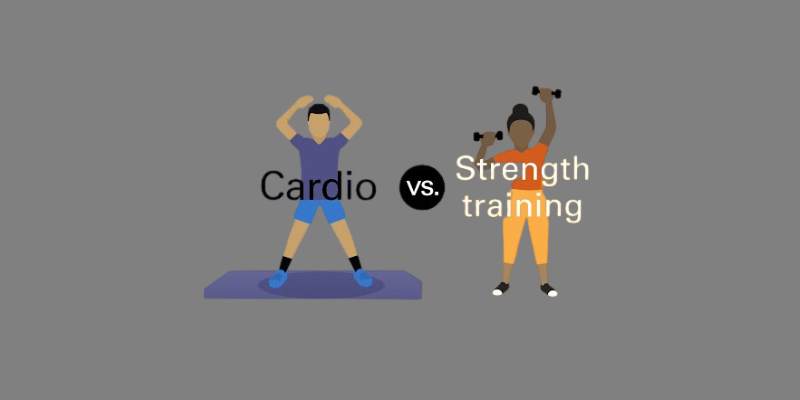In competitive real estate markets, a cash offer often gives homebuyers a powerful edge. Sellers naturally gravitate toward offers that reduce risk and simplify the transaction. Cash deals are quicker, cleaner, and far less likely to fall through due to financing problems. But in a world where most buyers still rely on mortgages to purchase their homes, a new solution has emerged: cash-offer mortgage programs.
These programs are reshaping the homebuying process, allowing traditionally financed buyers to compete with cash buyers on nearly equal footing. Understanding how to make a cash offer with a mortgage is essential for buyers who want to stand out without having to liquidate assets or tie up all their cash. This guide explores how these programs work, what they require, and how buyers can leverage them to secure the home they want.
Step-by-Step: Making a Cash Offer With a Mortgage
Though each program varies slightly in structure and requirements, most follow a general sequence that allows the buyer to make a credible, cash-style offer.
Step 1: Get Preapproved for a Mortgage
The journey begins with mortgage preapproval. Buyers must first demonstrate to a lender that they qualify for financing based on credit history, income, debt-to-income ratio, and employment status. This step is crucial because cash-offer programs rely on the buyer’s eligibility for a mortgage to ensure that the funds will eventually be available to complete the purchase.
Step 2: Apply for a Cash-Offer Program
Once preapproved, the buyer enrols in a cash-offer program, either through a third-party company or directly via a participating lender. It involves an application process similar to a mortgage application, requiring financial documentation, income verification, and credit evaluation.
Some programs are exclusive to the lender’s network, while others offer more flexibility. Certain programs may require the buyer to use a specific agent or lender; others allow buyers to bring their team to the table.
Step 3: Make an Offer on a Home
Armed with approval, the buyer works with their real estate agent to find a suitable home and submit an offer. The key difference in this step is that the offer is labeled as cash or cash-backed, which is far more appealing to sellers.
Because the buyer is backed by a company that’s either prepared to buy the home or guarantees the financing will come through, the seller sees the deal as lower risk. It often leads to stronger negotiating power and a better chance of having the offer accepted.
Step 4: Home Purchase Process
After the offer is accepted, one of two things usually happens:
- The company backing the cash offer purchases the home upfront, and the buyer moves in and rents the home until the mortgage is finalized. Once that happens, the buyer buys the property back from the company.
- Alternatively, the buyer continues with the mortgage process, and the company steps in only if the mortgage isn’t ready by the closing deadline, ensuring the seller still gets paid.
In both cases, the buyer ultimately purchases the home using their mortgage, just not in the traditional sequence.
The Role of Third-Party Companies in Cash-Offer Transactions

The concept of making a cash offer with a mortgage might sound contradictory at first, but in practice, it’s a well-orchestrated process involving third-party support. These services, often provided by specialized companies or lender-affiliated programs, work by acting as a temporary purchaser of the home on the buyer’s behalf.
Here’s how it works: A buyer applies for a mortgage and also applies for a cash-offer program. Once approved, the program either guarantees the offer as cash or, in some cases, actually purchases the home upfront using its funds. Once the buyer’s mortgage loan is finalized, the home is transferred to the buyer. This approach enables the buyer to offer what appears to be a cash deal—without skipping the mortgage.
In other models, the cash-offer company steps in only if the buyer’s financing is delayed past the closing date. The program provides reassurance to the seller that the sale will still go through, even if unexpected delays arise.
Earnest Money and Contract Terms

When making a cash-style offer using one of these programs, buyers are typically required to put down earnest money—a good-faith deposit that shows commitment to the transaction. This amount is usually applied toward the down payment once the mortgage closes.
However, buyers should be aware of the risk associated with this deposit. If the buyer pulls out of the deal after the program has purchased the home or committed to it contractually, the earnest money may be forfeited. It is standard practice in real estate, but it becomes especially important when third-party companies are involved.
Buyers should also carefully review the terms of the agreement with the cash-offer program provider. Every program comes with its own set of rules regarding timelines, property eligibility, and responsibilities during the interim period.
Key Considerations Before Making a Cash Offer With a Mortgage
While this strategy can be incredibly effective, it’s not one-size-fits-all. Buyers considering this route should evaluate a few key aspects:
- Cost: Cash-offer programs may come with service fees or slightly higher overall costs compared to traditional financing. Buyers should weigh the cost against the competitive advantage.
- Commitment: These programs work best for buyers who are confident in their financing. Pulling out mid-process can result in lost earnest money or fees.
- Market Conditions: In fast-moving markets where multiple offers are the norm, making a cash-style offer can help buyers stand out. However, in slower markets, the benefits may not be as substantial.
Conclusion
Making a cash offer with a mortgage is no longer a contradiction—it’s a strategic, well-supported option that enables mortgage-backed buyers to compete with all-cash offers. Through the use of cash-offer financing programs, buyers can deliver the certainty and speed sellers crave without needing to pay for the home upfront entirely out of pocket. As housing markets continue to shift, these programs are likely to become more common, giving everyday buyers a competitive edge once limited to investors and high-net-worth individuals.












